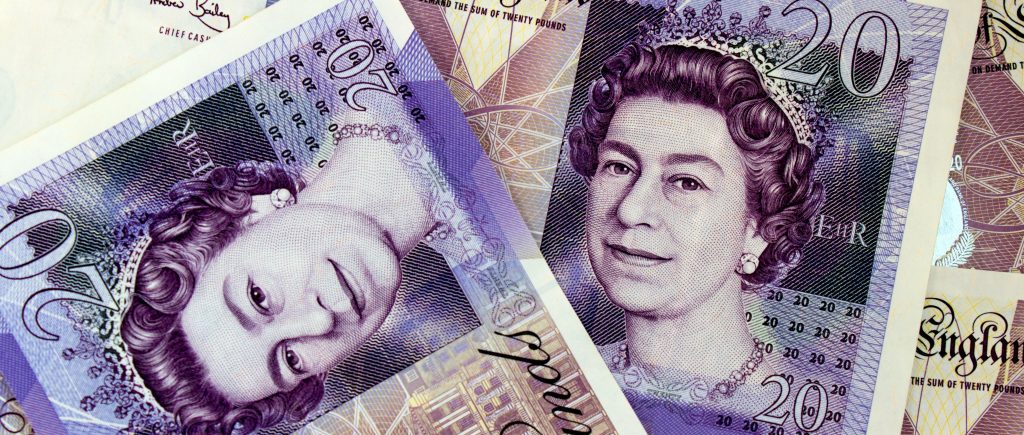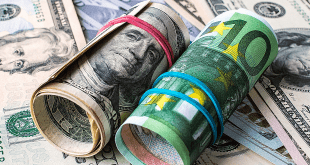The British Pound (GBP) has enjoyed a robust rally in recent weeks, with its strength evident in the EUR/GBP exchange rate’s notable descent. After touching a year-high near 0.8738 on April 11, the pair has since dropped below 0.84, currently finding significant support around its 200-day simple moving average (SMA) at 0.8383.
German Debt Brake Loosening Boosts Euro
The Euro’s (EUR) renewed vigor in March can be largely attributed to Germany’s decision to loosen its debt brake. This move was widely perceived as a “game-changer” for German medium-term growth prospects, as it’s expected to unlock substantial spending on defense and infrastructure projects, according to Rabobank’s FX analyst Jane Foley.
UK’s Fiscal Tightrope Walk and Recent Positive Data
In contrast, the UK’s Spring Statement in March brought a stark reminder of the nation’s fiscal challenges, with the Office for Budget Responsibility (OBR) halving its UK growth forecast for 2025. This highlighted the delicate balance Chancellor Reeves must maintain to adhere to her fiscal rules. However, a recent string of better-than-expected economic news from the UK has provided a much-needed lift to the pound.
Spending Review Looms: A Potential Headwind for Sterling
Despite the recent positive momentum, all eyes are now on the Chancellor’s Spending Review on June 11. This event could once again shine a light on the UK’s challenging fiscal position, potentially giving GBP bulls pause for thought. While concerns about the UK’s debt burden are valid, the government’s acknowledgment of these constraints could offer some reassurance to investors.
Outlook: EUR/GBP to Hold Steady, But Risks Remain
Rabobank anticipates the EUR/GBP pair to hold near 0.84 in the coming weeks. However, without further improvements in UK growth data, there’s a risk of the pair edging up to 0.87 over a 12-month horizon.
Should the UK’s positive data trend continue, the 200-day SMA could be vulnerable, potentially opening the door for a break below and a move towards the April low near 0.8323. Nevertheless, the upcoming Spending Review is likely to be “uncomfortable” for both the government and investors. Additionally, while the euro might be due for some profit-taking after its recent gains, Germany’s relatively stronger debt position and expectations for improved growth in 2026 are expected to provide long-term support for the single currency.

 Noor Trends News, Technical Analysis, Educational Tools and Recommendations
Noor Trends News, Technical Analysis, Educational Tools and Recommendations




